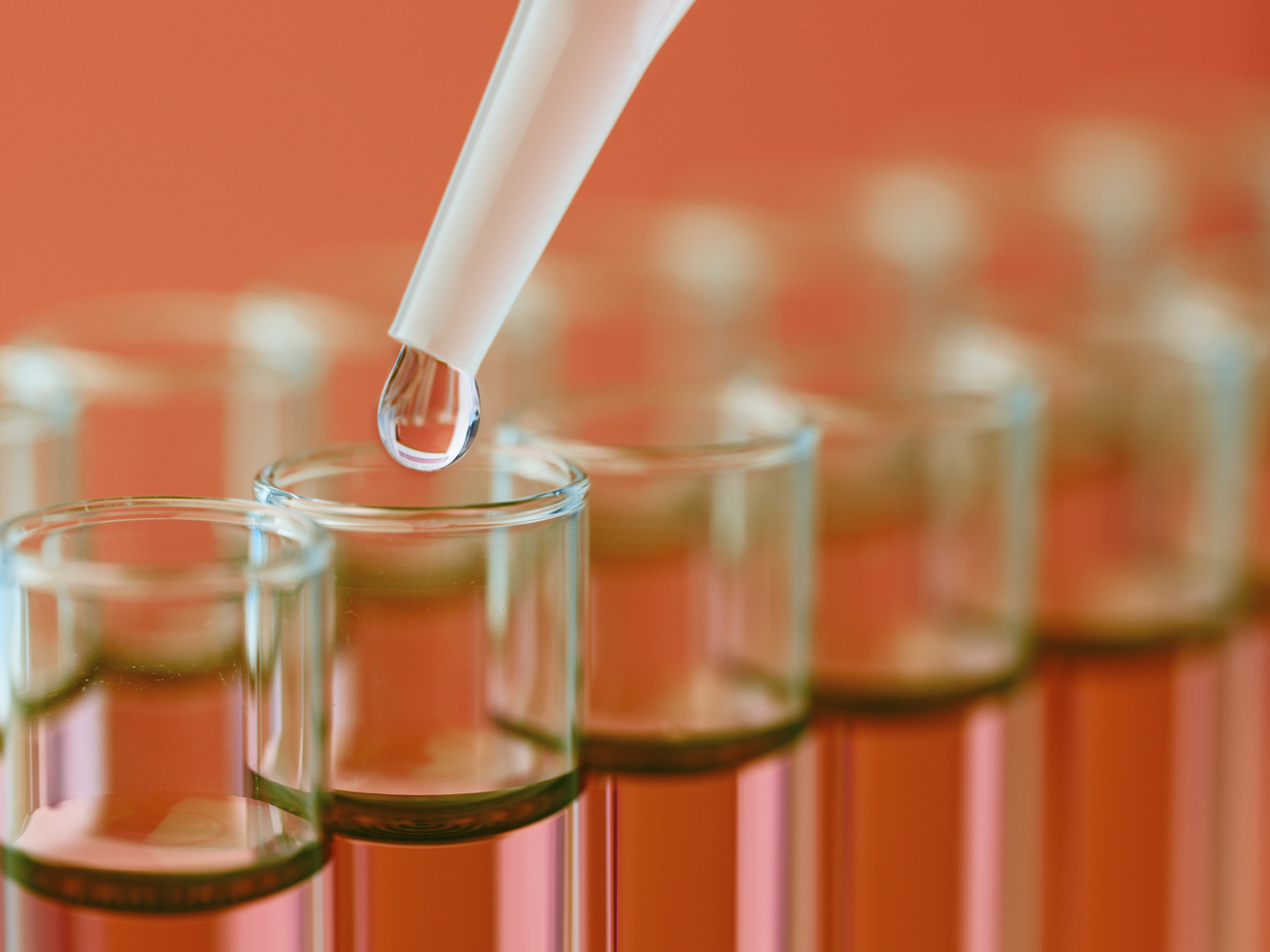NGU: A Threat to Fertility?
How long does it take for Non-gonoccal Urethritis to damage reproductive organs?
Andrew Weil, M.D. | May 16, 2002

Non-gonococcal Urethritis (NGU) is an infection of the urethra usually due to Chlamydia trachomatis, a sexually transmitted bacteria that infects some 3 million Americans each year.
It is described as “Non-gonoccocal” because it is not associated with the organism that causes gonorrhea. NGU is more common among men than women. The most common symptoms are burning during or after urination and, sometimes, a discharge seen at the tip of the penis. Women are less likely to develop symptoms, but when they do, the most common are a vaginal discharge AND burning or pain when urinating. More severe symptoms such as abdominal pain or abnormal vaginal bleeding may indicate that the infection has progressed to pelvic inflammatory disease (PID), which can threaten fertility by scarring the fallopian tubes. Up to 40 percent of women with Chlamydia can eventually develop PID.
Untreated, NGU among men can also lead to infertility if it causes an inflammation of the epididymis, the tube that carries sperm from the testis.
I can’t tell you how long NGU takes to affect fertility – each case is different, so with luck, the underlying infection won’t progress that far. Symptoms typically develop within three to 21 days after exposure to the infectious bacteria. They may not last long – sometimes only a few hours or days – but their disappearance doesn’t mean that you’re no longer infected. If you’ve had symptoms, you need to be tested for both gonorrhea and chlamydia . NGU is treated with the antibiotics doxycycline or azithromycin. If you’re infected, be sure to notify anyone with whom you’ve had sex for the past 60 days. Until you’ve completed the entire course of antibiotics prescribed, you must abstain from all sexual contact. If your partner was diagnosed after you were, abstain from sex until both of you complete treatment.
Andrew Weil, M.D.









